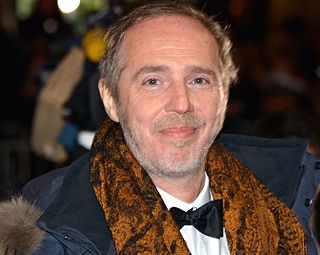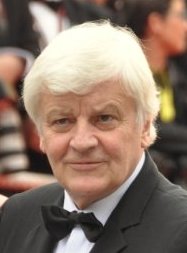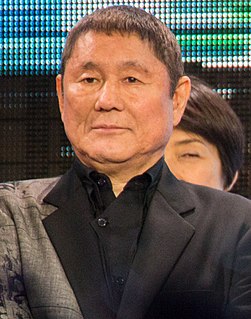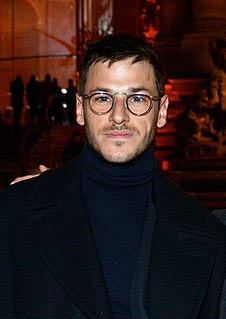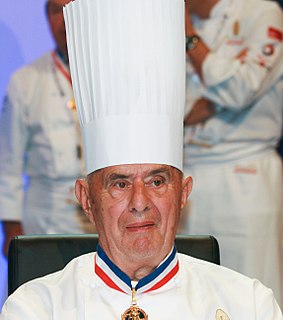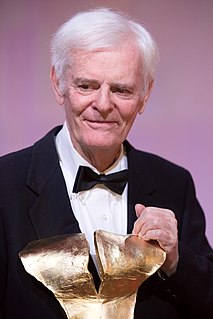A Quote by Arnaud Desplechin
Usually in France we prefer to say bad things about the Nouvelle Vague, but I'm always impressed with its freedom and the fact of not making a film to give your opinion but just as a piece of art, which to me means the Nouvelle Vague.
Related Quotes
The '60s in London obviously brought about the explosion of music, the 'Beatles' especially, and then the 'Rolling Stones' and other forms of music, and then fashion and photography and films - kitchen-sink dramas we called them at that time, which was our 'nouvelle vague' in Britain, films that talk about real life.
The '60s in London obviously brought about the explosion of music, the Beatles especially, and then the Rolling Stones and other forms of music, and then fashion and photography and films - kitchen-sink dramas we called them at that time, which was our nouvelle vague in Britain, films that talk about real life.
I was seduced by the nouvelle vague, because it was really reinventing everything. And the Italian cinema that one would see in the theaters in the late '50s, early '60s was Italian comedy, Italian style, which, to me, was like the end of neo-realism. I think cinema all over the world was influenced by it, which was Italy finding its freedom at the end of fascism, the end of the Nazi invasion. It was a kind of incredible energy. Then, late '50s, early '60s, the neo-realism lost its great energy and became comedy.
The process of philosophizing, to my mind, consists mainly in passing from those obvious, vague, ambiguous things, that we feel quite sure of, to something precise, clear, definite, which by reflection and analysis we find is involved in the vague thing that we start from, and is, so to speak, the real truth of which that vague thing is a sort of shadow.
I studied cinema at the university so I had a very classical approach to it. I studied all those silent films, and then the films from the 1940's, the Nouvelle Vague, the late Hollywood films. Now I realize, as a young actor, that it's one of my duties to actually be aware of what is today's industry and today's next big directors.
Intuitionists think that there are cases in which, say, some identity statement between real numbers is neither true nor false, even though we know that it cannot possibly be false. That is: We know that it cannot not be that a = b, say, but we cannot conclude that a = b. We can't, in general, move from not-not-p to p in intuitionistic logic. , I suggest that the believer in vague objects should say something similar. It can never be true that it is vague whether A is B. But that does not imply that there is always a fact of the matter whether A is B.
The people have only a very vague direct power. They have the power of voting against the administration, again after its decisions have been taken; but they have no way of getting into the question of policy-making, decision-making, except insofar as the vague forces and pressures of public debate and public opinion have their impact on the President. The President still has to decide. He can't go to the people and ask them to decide for him; he has to make the decision. In that sense he was condemned to be a dictator.
